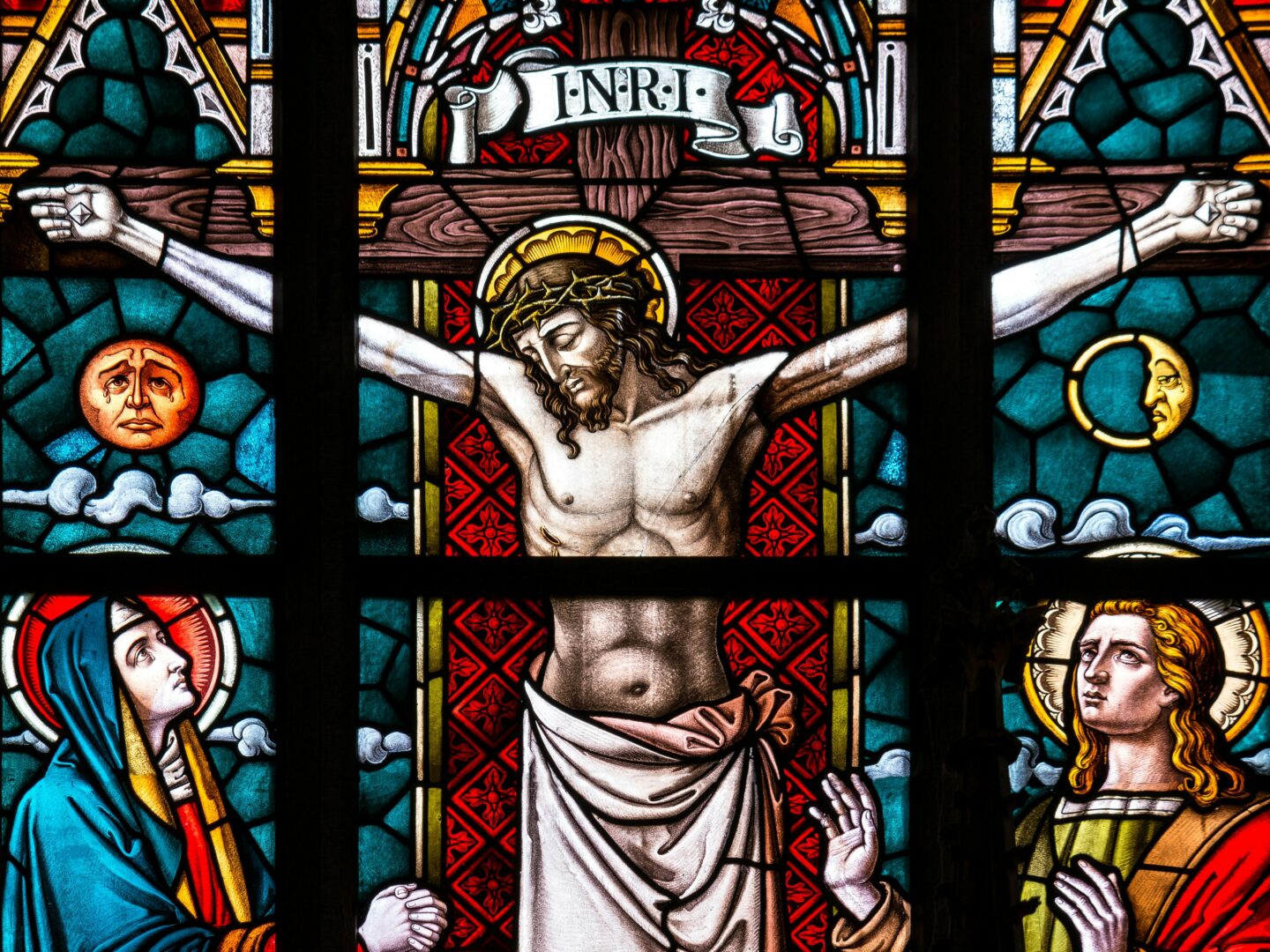People always ask, “What would Jesus do?,” but in America today, it’s impossible to know. And that’s because there are (at least) two prevailing views of God at work in our public and political conversation. It would not be an exaggeration to say that when you pull the lever this November, you will not just be voting for president. You will be saying what you believe about God.
Do you believe in a God who protects the individual’s freedoms against the encroachments of the state? Who answers personal prayers and who intervenes, as he did for Paul on the Road to Damascus, to make believers out of skeptics and heretics? This God rewards his favorite sons and daughters with prosperity, and he bestows blessings, to paraphrase the aphorism, on those who help themselves.
Or do you believe in a God whose first priority is to care for the weak and the helpless, who teaches people to do unto others as they would have others do unto them? This is the collectivist God of the Hebrew Bible, who sees humanity organized into tribes and families of “brothers and sisters” who must work together to discern and follow his will.
With their rhetoric, Mitt Romney and President Obama are forcing voters to consider this choice. And as Occupy movement activists prepare to protest income inequality, among other issues, at the Group of 8 summit in Camp David, Md., and the NATO gathering in Chicago this weekend, the dilemma is far from academic.
Romney stands for the individualistic version of American success; Obama for the collectivist. “It’s the classic American dilemma — it’s liberty versus community — and it’s always there,” says my friend, the Boston University religion professor Stephen Prothero, who in 2004 published a book called “American Jesus.”
In his speech last weekend at Liberty University, Romney pushed all the right buttons, hoping to inspire evangelical Christians, who believe that faith is about a personal encounter with Jesus, to vote for him. “Someone once observed that the great drama of Christianity is not a crowd shot, following the movements of collectives or even nations. The drama is always personal, individual, unfolding in one’s own life. We’re not alone in sensing this. Men and women of every faith, and good people with none at all, sincerely strive to do right and lead a purpose-driven life.”
Romney’s religious values, he says, are rooted in his belief that God gave individual Americans the ability to conquer and withstand difficulty. What’s implied here is that the state doesn’t need to impose higher taxes on the wealthy or to curb executive pay to ameliorate the effects of the economic crisis. With hard work, personal responsibility, “devotion to a purpose greater than self, and, at the foundation, the preeminence of the family,” Americans will prevail.
Obama is saying something else entirely. Over and over, in every recent speech, he reminds Americans that we’re all in this together, that everyone must make sacrifices — including tax hikes for the rich — and that the failure of one means the failure of all. He said it most distinctly when he expressed approval of gay marriage: at the heart of his decision, he said, was “the Golden Rule, you know, treat others the way you would want to be treated.”
And when he appeared this week on “The View,” Obama described a shared destiny for all Americans. “What’s going to determine the election is the economy and whether everybody — gay, straight, black, white, Hispanic, Latino, Native American, disabled, you name it — whether people feel as if America continues to be this extraordinary land of opportunity.” And he said it especially strongly when he gave the commencement address at Barnard College. “We know that our challenges are eminently solvable,” he said. “The question is whether together, we can muster the will — in our own lives, in our common institutions, in our politics — to bring about the changes we need.”
The earliest Christians weren’t thinking much about retirement savings or college bills, their personal happiness or the cost of filling their gas tank. But they may have been torn between their identity as “we,” that of Jesus and the Hebrew Bible and their identity of “I,” that of Paul and the Greeks. Fast-forward 2,000 years and the dilemma is the same. Romney is promoting the God of “I”: individual accomplishment and personal success. Obama is promoting the God of “we,” in which the fates of all are intertwined.
